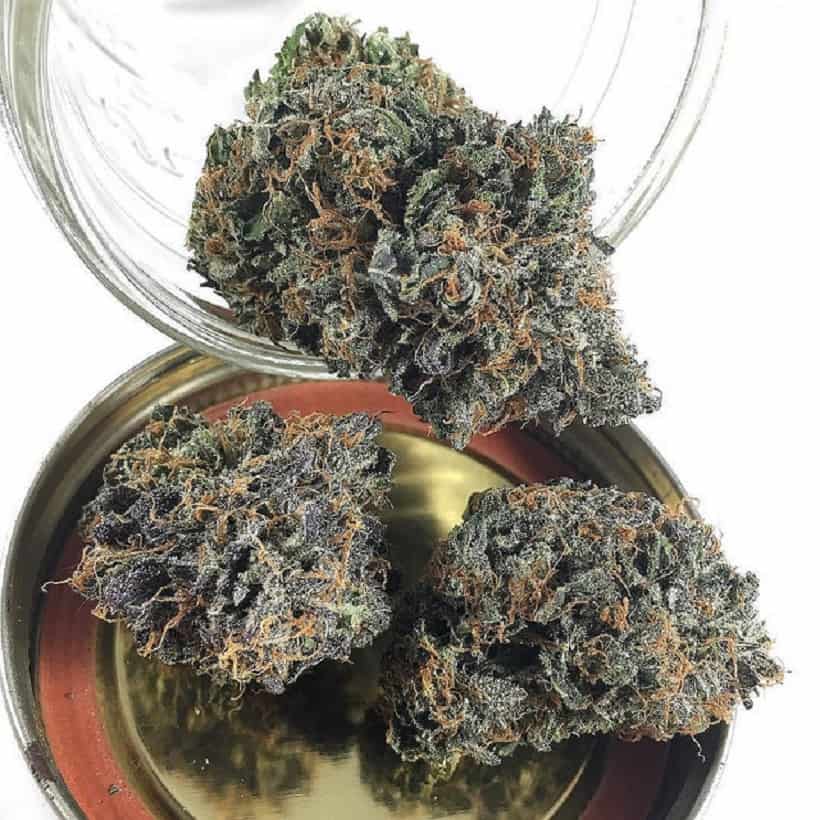TABLE OF CONTENTS
Cannabis consumers that want to search online to find information will usually use terms such as marijuana, pot, cannabis and weed. It does matter which terms you use since the industry is evolving and changing from what it was in the past.
Many cannabis consumers will gather additional information, if certain terms are used. One of the things to bear in mind when searching is what is currently trending. Many cannabis consumers are quite savvy and smart when searching for variations of marijuana. Let us take a look at how consumers search.
Online search habits among cannabis users have changed dramatically, particularly as the drug has become more and more accepted and legal in different areas.
Businesses and marketers in the cannabis sector must comprehend these tendencies. Here is a summary of the common internet searches made by cannabis users:
Search engines: Users frequently begin their journey with Google or Bing. They look for nearby dispensaries, certain products, or strains. Additionally, they could search for reviews or details regarding the benefits and applications of various cannabis products.
Use of Specific Keywords: When searching for products, consumers often use keywords that are linked to the product type (e.g., edibles, CBD oil, vaporizers), the desired effect (e.g., pain reduction, relaxation), or even specific strains. It's essential to comprehend these keywords for SEO tactics in the cannabis sector.
Local Searches: A lot of searches have a local focus, such “best cannabis shop in [City Name]” or “dispensaries near me.” This conduct emphasizes how crucial local SEO is for cannabis shops and other nearby companies.
Information for Education: When looking for instructional materials about cannabis, consumers usually seek online. This covers its legal status, consumption methods, health benefits, and advice for first-time users.
Online Communities and Forums: For more individualized, experience-based guidance, users frequently turn to Reddit, Cannabis Forums, and other specialized cannabis community websites. These groups are frequently used by users to exchange stories and ask inquiries.
Social media platforms: Users may interact with the cannabis community, follow their favorite brands, and get updates on new products on social media sites like Instagram, Twitter, and Facebook. On the other hand, direct marketing may be restricted by stringent advertising laws on these platforms. Facebook cannabis pages have an awful time advertising through Meta.
Video Content: Longer-form content, like product reviews, “how-to” manuals, and instructional cannabis series, is popular on YouTube and other video platforms.
Product Comparisons and Reviews: In order to make well-informed shopping selections, consumers consult online reviews and comparison articles. This includes going to websites that review cannabis strains and products in-depth.
Mobile Searches: A sizable percentage of these searches are conducted on mobile devices, underscoring the significance of cannabis businesses having a mobile-friendly website or app.
E-commerce Sites: In areas where cannabis is legal, customers frequently conduct direct searches on e-commerce sites that offer the drug and associated goods.
Legal Information: Due of the constantly shifting legal environment, people are always looking for information about the legal status of cannabis in their community, particularly the laws governing its possession, use, and growing.
Medical and Health Information: Searches for medicinal cannabis, in particular, frequently center on cannabis-related medical research, dose guidelines, and diseases that can be treated.
Cannabis companies and marketers can better target their online presence and content strategy to effectively reach and engage their target audience by having a better understanding of these search trends.
Maintaining a current understanding of the legislation pertaining to online marketing and advertising of cannabis-related items is also crucial for these businesses.

The Major Search Engine
Google is one of the major search engines that cannabis consumers use to conduct their searches. From the search results, there is an obvious preference for certain search terms. However, you cannot depend on the volume of the search to determine which term is more popular. In fact, the volume of the search will usually provide only a snapshot and nothing else.
Over time, though, the data and the trends can work as essential clues. If you were to look at the search trends related to words like cannabis and marijuana, you would find that marijuana receives more searches and these remain stable over past years. In the meantime, searches done for cannabis are trending as the industry experiences more growth. Some believe that it will surpass marijuana within a few more years.
Collective Search Volume
Similarly, the collective volume of searches for subtopics have seen great results. In years past, for example, subtopics related to marijuana received more collective volume of searches. However, since then, the collective volume of searches for cannabis related topics surpassed that of marijuana.
This may also be attributed to the cannabis industry growth and what cannabis consumers are actually searching for. Current data shows that this only continues to show an increase and is not letting up.
The Terms
Many in the industry have established and confirmed that the term cannabis is actually the scientific term. Many cannabis consumers seem to be recognizing that fact. If you want to be deemed legitimate in the cannabis industry, you should be aware that the word ‘cannabis' is the most accepted.
The evolution of language seems to be making its way into marijuana legalization.
Therefore, in conducting your search, do not avoid using cannabis. In fact, you should always attach it to another word such as ‘medical' or use it as an alternative to the word ‘marijuana.' It is obvious that since so many states have been legalized for marijuana or cannabis, these terms have found their way into mainstream.
Many people prefer to use cannabis instead of marijuana since the former word has less bias associated with it.
Slow Acceptance
These days, medical cannabis has less interest than medical marijuana. The reason could be due to the slow acceptance. It is apparent that medical cannabis is catching up and may soon surpass medical marijuana in search results.
“
There are over 300,000 jobs in the cannabis industry. CTU trained me for one of them!

Makes $24.50 @ THC +
For that reason, it is only wise that medical marijuana dispensaries also use medical cannabis dispensaries to describe their business. If not, they will be losing out on targeted cannabis consumers.
The Subtopics
As people gain knowledge about the cannabis industry, many are also realizing that there is more to it than meets the eye. For example, there has been interest in the search term ‘coffee shop' since these have become quite popular in places like Amsterdam.
Subtopics like ‘how to grow pot' or how to grow weed have shown a lot of interests as well. To remain ahead of the trends, it is best to invest time in learning about the search results of cannabis consumers.
Want to know more? Check out the Cannabis Training University, the leader in cannabis classes.

Fred Hernandez
Fred Hernandez is a highly accomplished and versatile writer, boasting an extensive background in the cannabis industry. With an in-depth understanding of various sectors including cultivators, processors, retailers, and brands, Fred's expertise spans across the entire cannabis landscape. As a prominent contributor to CTU, he consistently delivers insightful articles exploring the latest developments, news, and regulations shaping the cannabis industry. Whether it's delving into the intricacies of cannabis products, cannabis strain reviews, or providing comprehensive analyses of cannabis laws, or sharing expert insights on cannabis cultivation techniques, Fred's wealth of knowledge positions him as an invaluable writer and educator for all cannabis-related subjects.












 Jeff was involved in an accident where he endured a traumatic brain injury. He had a week-long stay in ICU where brain surgeons
Jeff was involved in an accident where he endured a traumatic brain injury. He had a week-long stay in ICU where brain surgeons  100% risk free money back guarantee within 48 hours after purchase if student has not completed any of the courses or exams.
100% risk free money back guarantee within 48 hours after purchase if student has not completed any of the courses or exams.